Women Recall the Holocaust
There is little doubt that the Holocaust was a watershed event of the twentieth century. Even as it occurred, scholars were already studying its causes and various aspects of its development. During the first post-war decades they focused upon what they felt were its major facets: Nazi policy towards the Jews, Jewish leadership, resistance, rescue attempts, and the Nazi camp universe. By the 1970s, academic Holocaust scholarship had expanded to include social and cultural topics such as daily life under Nazi rule, the plight of refugees, and the fate of children under the Nazis. Almost all were treated as worthy research topics that helped us better understand the dynamics of this catastrophic period.
One topic continued to elicit great debate among scholars and laypersons alike: Gender and Women during the Holocaust. Initially viewed as an outgrowth of "Second Wave" feminist study, for years, many scholars studying this aspect of the Holocaust faced a lack of understanding and acceptance of their topic among their peers. Some were warned that their choice would marginalize them professionally. Others were told that they were playing into the hands of Holocaust revisionists. Not only was the focus of their research delegitimized; their professional standing was often challenged, or they were warned that their research choice would affect their possibilities of career advancement.
And yet, most persevered. As time passed, more and more scholars in various disciplines of the Humanities and the Social Sciences began examining different facets of Jewish women's lives during the Holocaust and its aftermath. The articles and books that they published became the source material for courses on the topic, and the existence of these courses encouraged graduate students to specialize in the topic. Thus, a new scholarly topic emerged, one that often challenged existing beliefs within the discipline of Holocaust studies.
Some of the scholars dealing with the topic advanced in rank. Others became pivotal members of Holocaust research institutes and Holocaust memorial. A third group chose to continue researching and writing on the topic as independent scholars while pursuing a different career. Today, over three and a half decades after the path-breaking conference about "Women Surviving the Holocaust" that took place in New York in 1983, dozens of scholars throughout the world have devoted years of their lives to write about what some had once called a marginal, insignificant, or even dangerous facet of Holocaust research. Almost all these scholars are women. Each came to the topic in her own way; each faced different sets of challenges on that journey; each then chose to focus on a different aspect of women's lives during the Holocaust; each has her own story.
We believe that these stories deserve a voice and that together they tell a broader story, one that charts not only how a topic was born but how it developed over almost two generations of scholarship. It is the story of academic challenge and courage. It is the story of perseverance. For some, who were mentored by older women scholars who encouraged them on their journey, it is the story of sisterhood. For others, who fought the establishment on their own, it is the story of professional loneliness and personal strength. For all, it is the story of an unconventional, courageous, and promising choice in Holocaust research.
These stories are at the crux of the forum entitled "Women Recall the Holocaust". The forum's first project is to publish of a volume of essays written by forum participants. All participants in the volume have devoted a significant part of their professional lives to writing about aspects of Jewish women's experiences during the Holocaust. We believe that this choice was not random, and in many cases was rooted in the personal history and professional experiences of each scholar which later affected the fruits of her scholarship.
Each participant wrote an autobiographical-academic essay about the journey she underwent while working on the topic and her experiences while conducting her research. Essays also relate to issues of identity, personal choice, religious, political, or cultural affiliation, and the connection between these issues and the focus of their research. The essays were published by Peter Lang Publishers in a volume entitled Her Story, My Story? Writing about Women and the Holocaust edited by Judy Baumel- Schwartz of Bar-Ilan University and Dalia Ofer of The Hebrew University in Jerusalem. The volume is a joint project of the Arnold and Leona Finkler Institute of Holocaust Research headed by Prof. Judy Baumel-Schwartz, and the Fanya Gottesfeld Heller Institute for the Study of Women in Judaism, headed by Prof. Yael Shemesh, both at Bar-Ilan University. It was dedicated to the memory of Holocaust survivor Fanya Gottesfeld Heller and the pioneering scholars in the field of women's Holocaust study, and Mrs. Gottesfeld Heller's daughter, Dr. Jacqueline Heller Kahane, wrote the volume's preface.
The forum second project is to develop and maintain an internet discussion group for its members, and for all those who will join the forum in the future. The discussion group will act as a virtual platform to disseminate information to its members worldwide about new research, conferences, publications and events having to do with Women in the Holocaust and during the Second World War.
WHO WE ARE:
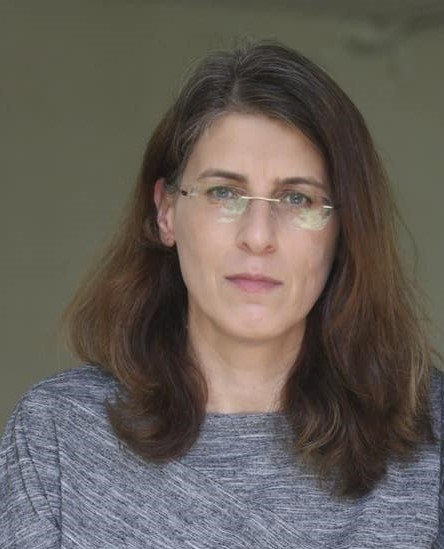 |
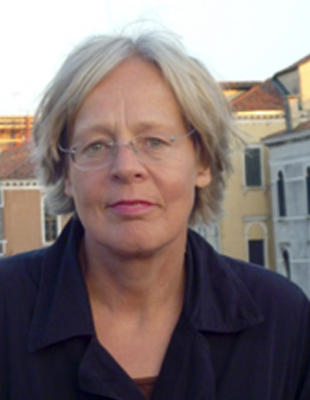 |
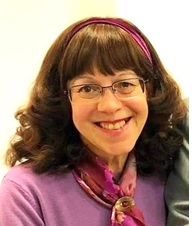 |
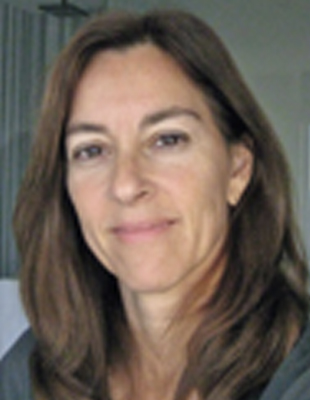 |
| Dr. Sharon Geva Forum Coordinator |
Dr. Insa Eschebach | Prof. Judith Tydor Baumel-Schwartz | Prof. Pascale Rachel Bos |
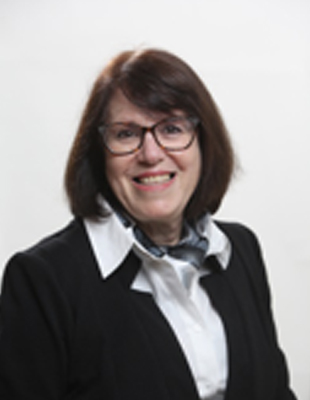 |
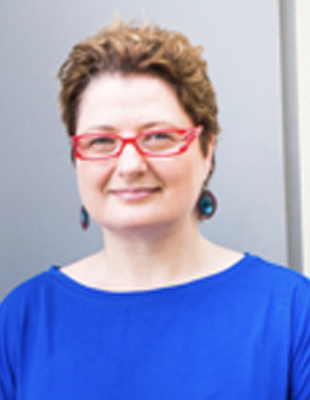 |
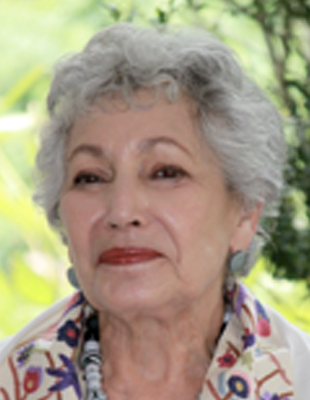 |
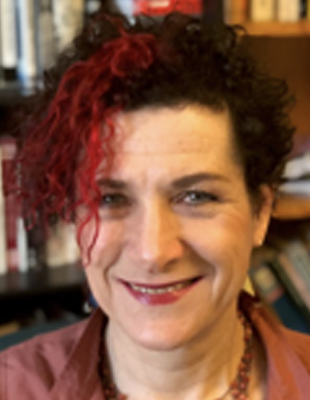 |
| Dr. Batya Brutin | Prof. Natalia Aleksiun | Prof. Myrna Goldenberg | Prof. Dorota Glowacka |
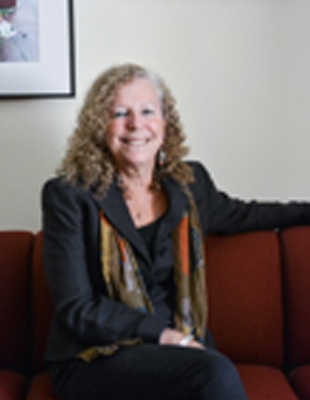 |
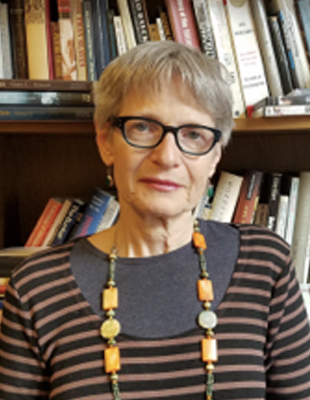 |
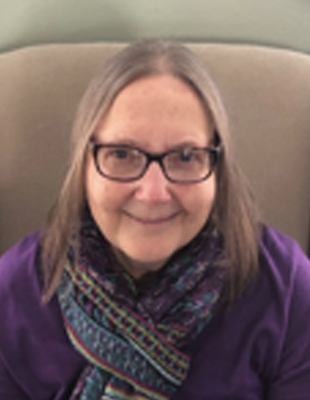 |
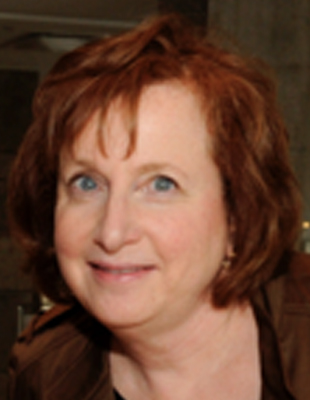 |
| Prof. Janet L. Jacobs | Prof. Atina Grossmann | Prof. Sonja M. Hedgepeth | Prof. Sara R. Horowitz |
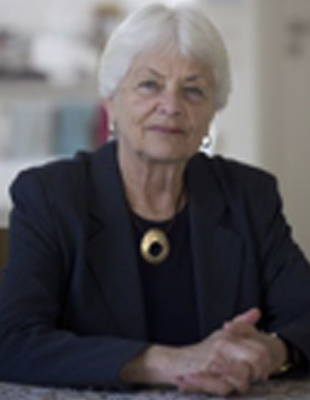 |
 |
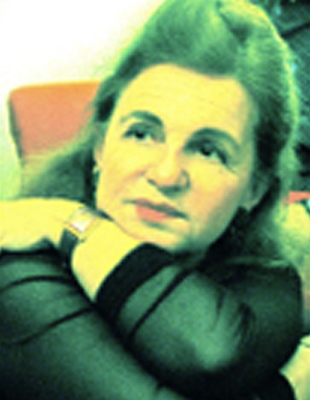 |
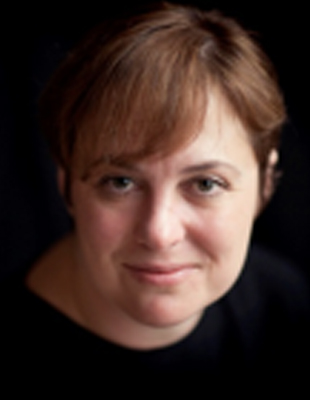 |
| Prof. Esther Hertzog | Prof. Lenore Weitzman | Prof. Louise Vasvari | Prof. Zoë Waxman |
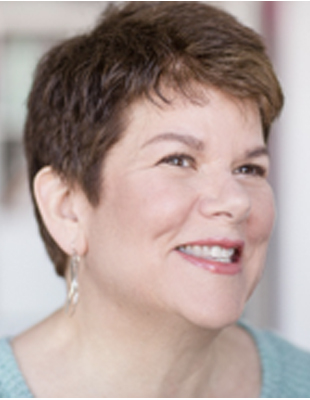 |
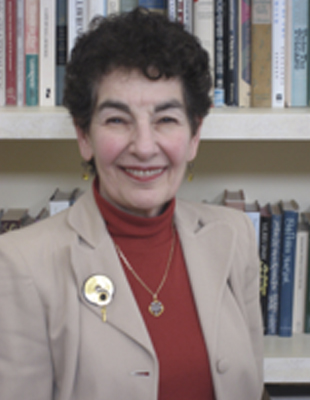 |
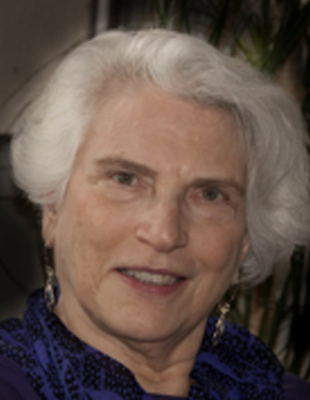 |
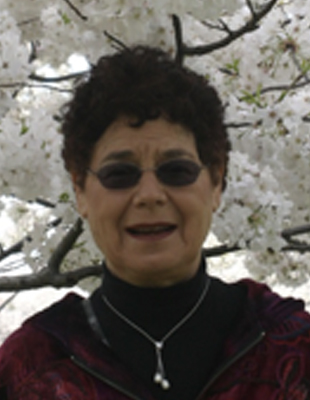 |
| Dr. R. Ruth Linden | Prof. Phyllis Lassner | Dr. Rochelle G. Saidel | Dr. Dalia Ofer |
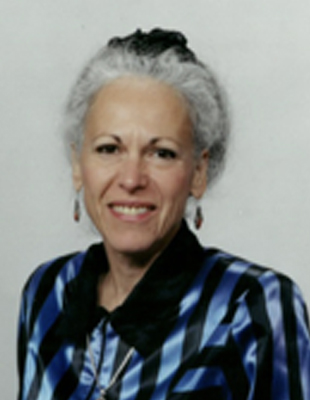 |
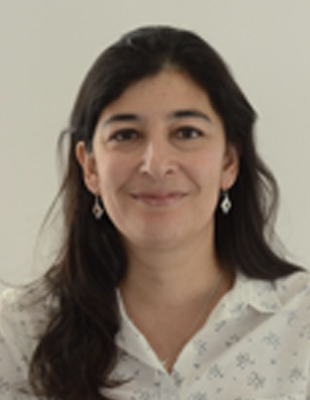 |
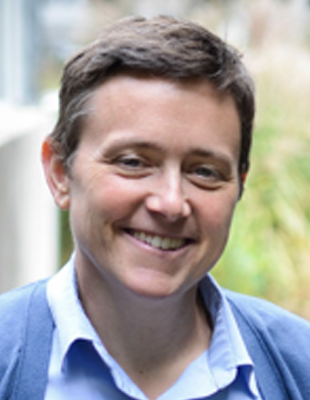 |
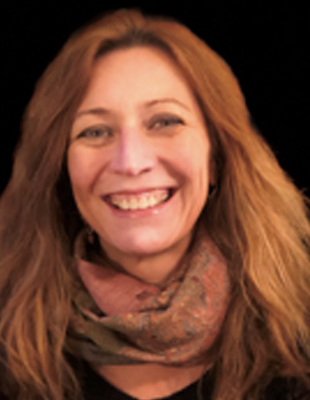 |
| Prof. Esther Fuchs | Prof. Lisa Pine | Prof. Sarah Cushman | Prof. F.K.Schoeman |
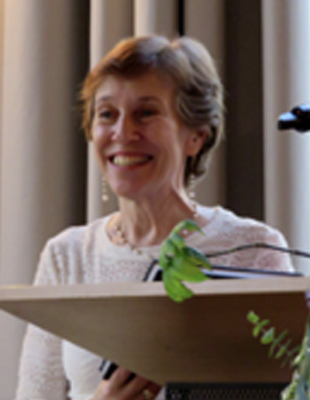 |
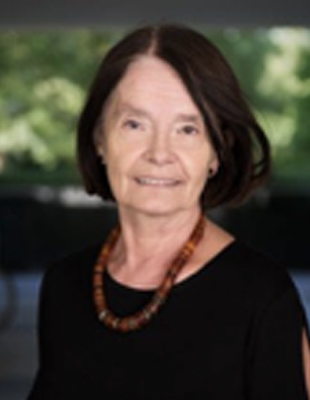 |
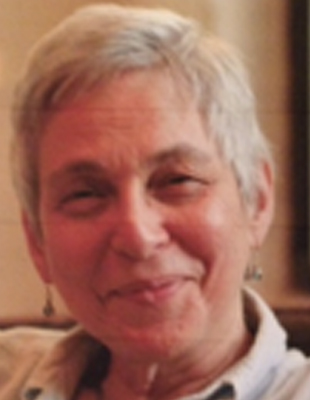 |
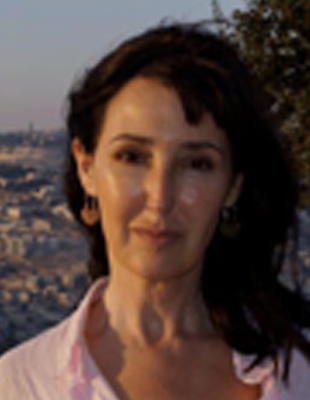 |
| Prof. Marion Kaplan | Prof. Bozena Karwowska | Dr. Joan Ringelheim | Prof. Melissa Raphael |
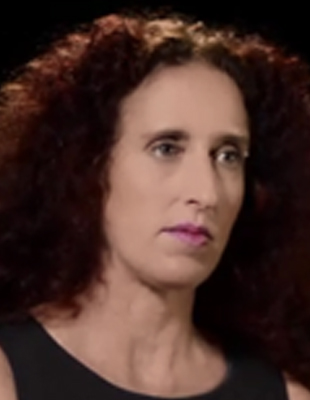 |
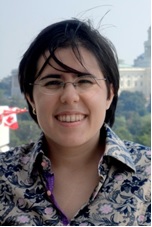 |
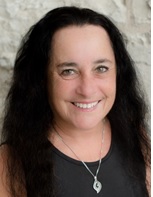 |
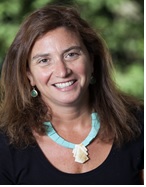 |
| Dr. Naama Shik | Lilly Maier | Dr. Beverely Chalmers | Prof. Lori Weintrob |
 |
 |
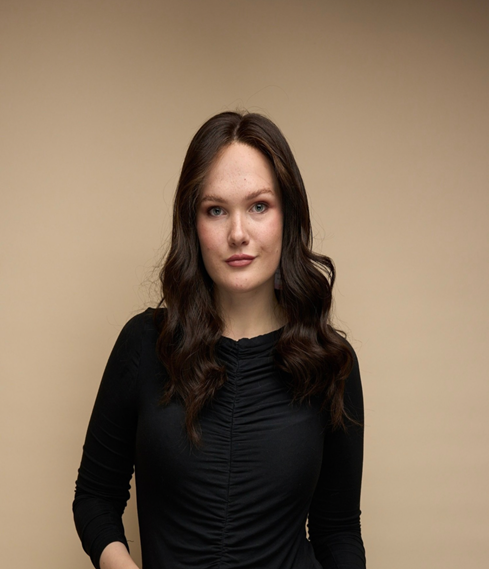 |
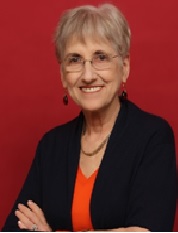 |
| Malkie Kozlova | Prof. Rachel Rojanski |




